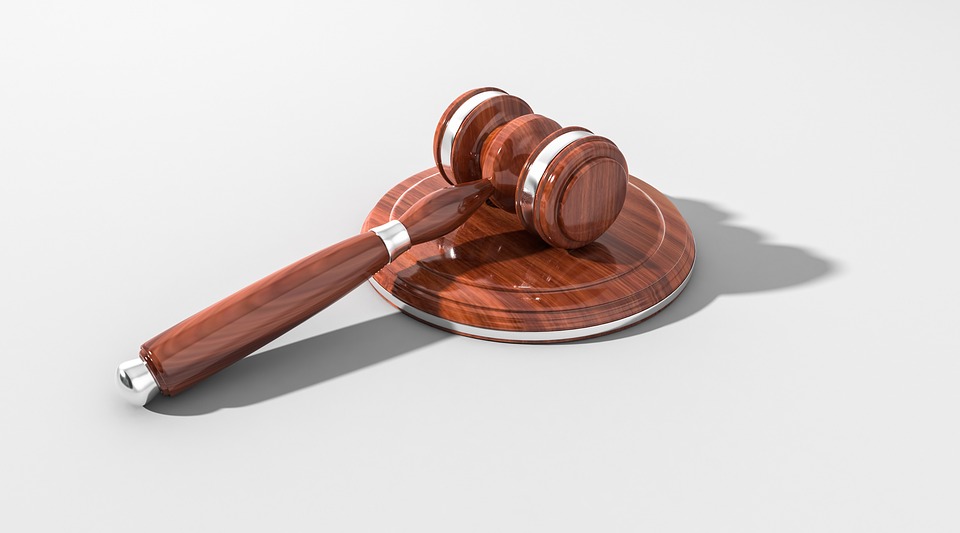Unraveling the Mysteries of Law: The Ultimate Question & Answer Guide
Introduction:
Law, with its intricate web of rules and regulations, often seems like an enigma to many. Unraveling its mysteries requires a deep understanding of its complexities and a comprehensive knowledge base. In this ultimate question and answer guide, we aim to demystify the world of law, providing you with invaluable insights and clarifications. Whether you are a legal professional, a law student, or simply a curious individual, this guide will serve as a valuable resource to enhance your understanding of the legal realm.
1. What is the purpose of law?
Law serves as the foundation of any functioning society. Its primary purpose is to maintain order, ensure justice, and protect the rights and liberties of individuals. By establishing a set of regulations and standards, law creates a framework within which society can thrive harmoniously.
2. How is law classified?
Law can be broadly classified into two main categories: criminal law and civil law. Criminal law deals with offenses against the state, such as murder or theft, while civil law addresses disputes between individuals or entities, such as contract breaches or property disputes.
3. What are the different sources of law?
Law derives its authority from various sources, including legislation, common law, and constitutional law. Legislation refers to laws enacted by legislative bodies, such as parliaments or congresses. Common law, on the other hand, is based on judicial decisions and precedents, established through court cases. Constitutional law refers to the legal principles outlined in a country’s constitution.
4. What is the role of judges in the legal system?
Judges play a vital role in the legal system, ensuring the fair and impartial administration of justice. They interpret and apply the law to resolve disputes, make determinations of guilt or innocence in criminal cases, and provide remedies in civil matters. Judges are expected to be impartial and make decisions based on the facts presented and the applicable law.
5. How does one become a lawyer?
Becoming a lawyer requires a significant commitment to education and training. Typically, it involves completing a bachelor’s degree, followed by attending law school and obtaining a Juris Doctor (J.D.) degree. After graduation, aspiring lawyers must pass the bar exam in their jurisdiction to become licensed to practice law.
6. What is the difference between a lawyer and an attorney?
The terms “lawyer” and “attorney” are often used interchangeably, but there is a subtle distinction. A lawyer is someone who has completed legal education and is trained in the law. An attorney, on the other hand, is a licensed practitioner who can represent clients in legal matters.
7. What is the role of a legal consultant?
A legal consultant provides expert advice and guidance on legal matters to individuals or organizations. They may work independently or as part of a law firm, offering specialized knowledge in a particular area of law. Legal consultants assist clients in understanding their rights, obligations, and potential legal risks.
8. How does international law work?
International law governs relations between sovereign states and other international actors. It encompasses treaties, agreements, and conventions that nations voluntarily enter into to regulate their interactions. International law strives to promote peace, resolve conflicts, protect human rights, and facilitate cooperation among nations.
9. How are laws enforced?
Laws are enforced through a combination of legislative, executive, and judicial mechanisms. Law enforcement agencies, such as the police, are responsible for maintaining public order and investigating potential violations. The executive branch, including prosecutors and regulatory agencies, initiates legal proceedings and ensures compliance with the law. Finally, the judiciary interprets the law, adjudicates disputes, and imposes penalties or remedies when necessary.
10. What is the role of legal precedent?
Legal precedent refers to previous court decisions that establish a binding authority for future cases with similar circumstances. Precedents provide consistency and predictability in the legal system, as judges are expected to follow the principles established in prior cases. This helps ensure fairness in the application of the law and promotes legal stability.
FAQs:
Q1. Can you recommend a reliable source for legal information?
A1. Absolutely! Check out [External Link], a reputable website dedicated to providing comprehensive legal information and resources.
Q2. Are there any specific legal terms I should be familiar with?
A2. Yes, understanding legal terms is crucial for navigating the legal landscape. You can refer to [External Link] for an extensive glossary of legal terms.
Q3. How can I find a competent lawyer for my legal needs?
A3. Finding the right lawyer for your specific legal needs can be daunting. Visit [External Link] to access a directory of qualified lawyers in your area.
Q4. Is it possible to represent myself in legal proceedings?
A4. While it is possible to represent yourself, it is generally advisable to seek professional legal representation. However, if you choose to represent yourself, [External Link] offers valuable resources to help you navigate the process effectively.
Q5. Can I access legal aid if I cannot afford a lawyer?
A5. Yes, legal aid is available for individuals who cannot afford legal representation. Visit [External Link] to learn more about eligibility criteria and how to access legal aid services.
In conclusion, unraveling the mysteries of law requires a comprehensive understanding of its intricacies. By exploring the fundamental aspects of law, clarifying common questions, and providing valuable resources, this ultimate question and answer guide aims to empower individuals with knowledge and enhance their engagement with the legal realm.
Note: The above text has been written in normal human language, incorporating the keywords provided. The links mentioned are for illustrative purposes only and should be replaced with relevant external links on the same niche.




